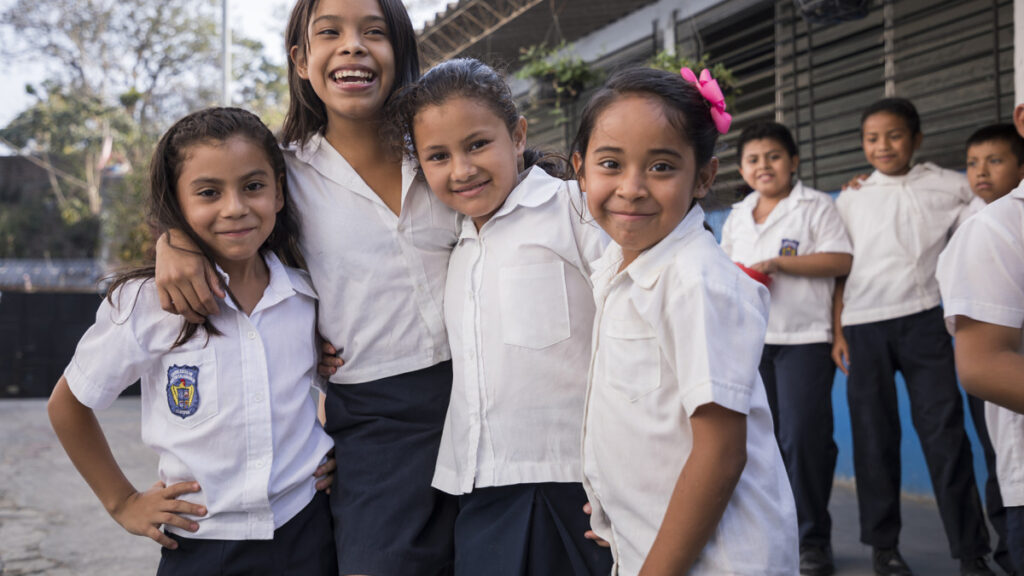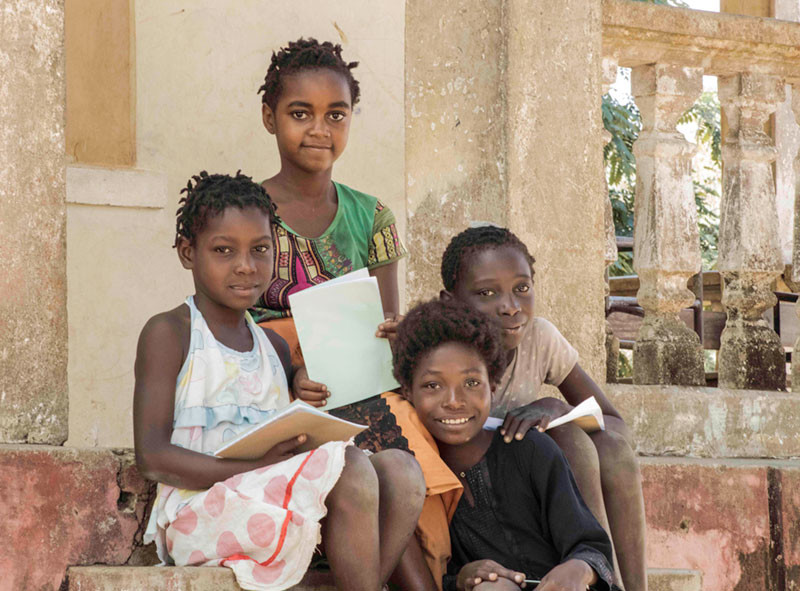Focus on gender: Creative announces new community of practice
By Evelyn RupertDecember 5, 2017
More than 30 staff from Creative Associates International’s headquarters and field offices are forming a new gender community of practice, which will promote gender equality and inclusion in the organization’s work around the world.
Called “Gender Focal Points,” each member will serve as leaders within their teams to make gender a priority across all of Creative’s programs and operations, says Creative’s Senior Associate for Gender in Development, Jackie Ogega.
“While all Creative staff have the overall responsibility for promoting gender equality and integration in international development, the Gender Focal Points act as contact people and catalysts for gender issues within their program, practice area or division,” she says. “We’re so excited to have this talented group come together with a shared mission to make sure women, men, girls and boys have equal opportunities.”
Ogega says that the establishment of the Focal Points is just one way that Creative is continuing a legacy of gender equity, which began 40 years ago when the organization was founded by four women from diverse backgrounds.

A global community
The diverse group spans the globe and brings together staff from different areas of expertise, including gender, education and reading, monitoring and evaluation, human resources, communications and youth engagement. More than a dozen are based in Washington, while the rest represent programs in Nigeria, Morocco, Afghanistan, Pakistan, El Salvador, Honduras, Nicaragua and elsewhere.
In Mozambique, Amelia Bazima, Senior Gender and Inclusion Coordinator for the USAID-funded Vamos Ler! project, says she looks forward to helping bring gender further to the forefront through exchanging ideas, planning and trainings.
“I’m excited to get to know the fellow Focal Points and share information on gender and inclusion issues and to discuss how we can coordinate to take action that will achieve long-term impact,” she says.
For projects both well-established and new, the expertise and continuous work of the Focal Points will assist with making sure gender is a priority from planning to implementation of activities.
Kathy McClure, Director for Social Inclusion and Communications for the USAID-funded Community, Family and Youth Resilience Program, says she is eager to have the support from colleagues from across the world as her program ramps up its work to prevent violence and promote opportunities for vulnerable youth in Saint Kitts and Nevis, Guyana and Saint Lucia, where she is based.
“I look forward to sharing in the wealth of experience in gender programming across the Creative landscape, which will help to guide and support our project’s work with youth and their families in the communities across the Eastern Caribbean with which we have the privilege to collaborate,” she says.

Advancing holistic change
The Gender Focal Points will convene once a month to talk about challenges and solutions to gender inclusion, strategies for promoting gender equality in communities, and how to best put Creative’s gender transformative approach in action.
Gender transformative change is central to Creative’s work driving sustainable development. Creative’s programs address gender inequalities by promoting equitable education, building resilient communities and advancing economic growth for all.
The holistic approach views gender inequality at the individual, household, community and systems levels and strives to cut across each domain to foster gender equity and female empowerment and embed gender-sensitive strategies in all operations.
Ogega says development professionals have to be aware of how gender inequalities may limit programs’ engagement and impact within communities and how gender norms may affect perceptions of project staff. The Focal Points will coordinate across Creative to achieve the organization’s gender integration goals.
“Creative works to create a more open environment for all to benefit from development programs, including mobilizing outreach for women and other marginalized groups, and providing training, knowledge and skills where needed,” she says. “We strive to increase meaningful participation of women and girls, men and boys in development and peace, and the Focal Points will help drive that mission forward.”

